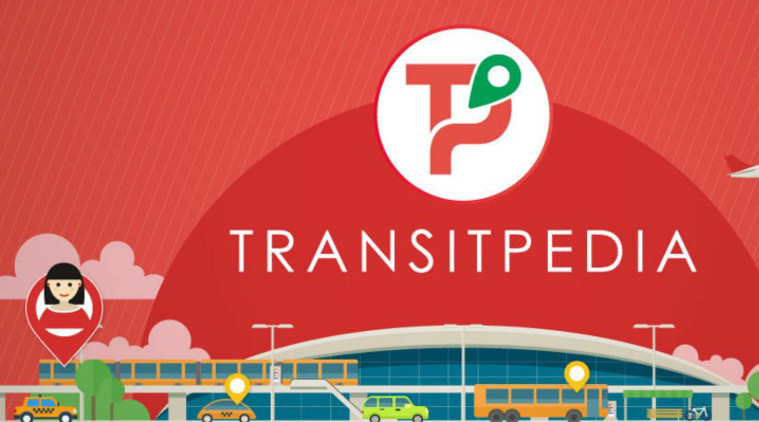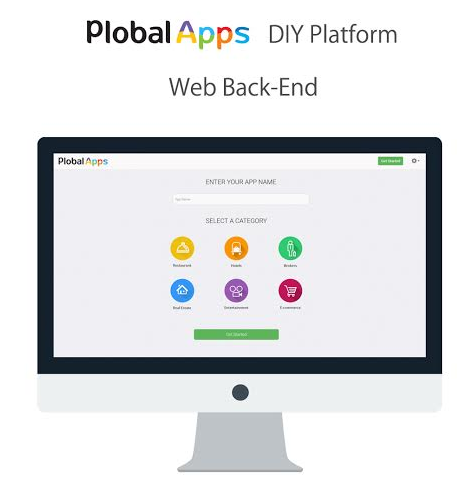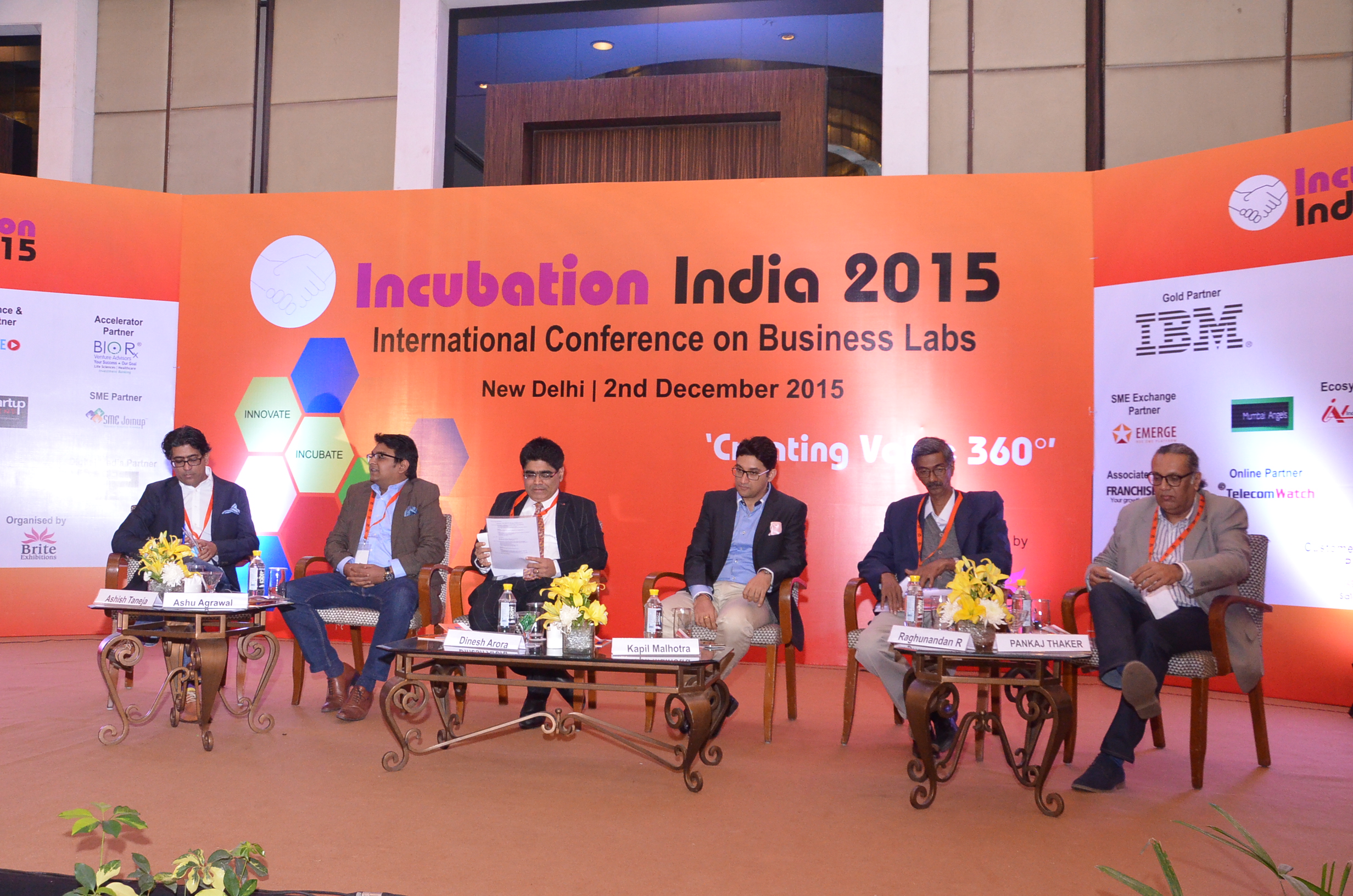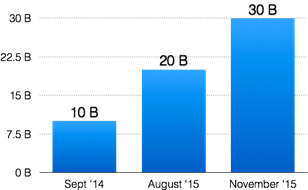Public Transportation is one of the most discussed topics & connected transport is still one of the issues that needs to be fixed in India. Today we have a chat with the founders of a Mumbai based startup TransitPedia that aims to Transform city travel by use of this smart app making it a Smart City
TransitPedia was co-founded by Mehul Sutariya & Vaibhav Vasa who quit their cushy jobs in USA to make Daily Commute Smarter in India. Without further ado, we start our Q&A with them.

Can you give a small background about you, your start-up and its founders ?
Mehul Sutariya and Vaibhav Vasa [Co-Founders of TransitPedia], having been friends for 15 years and having studied and worked in the USA for over half a decade, decided to launch an application that would change the public transportation scene in India, helping the 55 million commuters travelling daily by clubbing all user specific needs in an all-in-one app.
TransitPedia has been operating successfully for 4 months now with a team of 8 people operating from Mumbai and a user base of 9,000 already. The app is designed to cover time, cost, distance, and mode of transit as well as onward route displaying the most effective solutions to reach a destination. From informing a commuter about how to get from ‘Place A to Place B’ using the easiest and shortest routes, to helping one out with information about the most appropriate transportation vehicle, this app gives the user one platform to connect with the people travelling to and from their location and how!
The primary idea behind our venture is to compile multi-city data in a single application and provide a multi-mode transit solution in order to turn the public transportation scene in India to a “well-organized technology aided system”. The app currently covers data for Mumbai, Delhi, Bangalore, Pune and Hyderabad.
Mehul, a sports and coding fanatic, completed his MS in Computer Science from the Georgia Institute of Technology and worked for Google and Amazon, USA as a software engineer responsible for creating scalable and distributed solutions. On the other hand, Vaibhav completed his MS in Operations Research from Case Western University, Ohio, followed by a job as a planning/project manager at Avery Dennison for over 5 years.
Together with Mehul’s vast experience in software development and Vaibhav’s managerial skills in Operations Research, who also happens to have a Six Sigma Black Belt certificate in it, we have managed to set up a rather interesting venture and hope to see the changes we wish to bring about in the transportation system across the country.
Every idea is born out of a problem, what was the trigger of starting TransitPedia ?
Having studied and worked in USA for over 5 years, there was always some discussion about new technology and solution that we could bring about in India that would make life much easier. As we continued using public transport there like anyone else, we were amazed by the organized efficient nature of it.
Comparing this to what we experienced in India, there was a huge gap which also meant that there was immense room for improvement. Thus came up the idea to rectify the dismal state of public transportation in our country. We decided to quit our jobs, come back to India and venture into a startup.
We noticed that when people travelled to new cities, they had no idea about the routes or the best mode of transport to pick. We also saw that people liked to travel in groups, may they be college students or office employees. Some travelled together because it was fun, while others to share their cost.
Unfortunately in India, people have become so used to the ongoing haphazard way of travelling that their daily commute hardly accesses technology, which could help them make better transit decisions in real time. This is where we thought we could help by providing the solution in the form of an application. We thought of building a platform that could help everyone travelling everyday anywhere in India, which led to the creation of TransitPedia.
Transport being an un-organized sector, what are some of the initial challenges face while working on TransitPedia ?
There are more than 1500 apps across the country that cater to the transportation sector, providing static/dynamic, mode specific/multi-mode information. Many of which comply with the needs specific to their city. The initial challenge was to figure out which way of presenting the results of the transit problems to the audience would be easy and most effective in helping improve travelling as we know it.
Mapping the exact timings of each transit was the toughest task and in the beginning the results were static and not very satisfying, but we realized that we must show people the next step in travelling by working on this and coming up with results not just related to the best transportation vehicle to opt for but also telling them of the shortest and easiest routes and the cheapest form of transit.
Which are the cities where TransitPedia is currently operational ?
TransitPedia is currently live in 5 cities, namely Mumbai, Pune, Bangalore, Hyderabad and Delhi.
What is the revenue model of TransitPedia ?
As our app provides information about all means of public transport to the daily commuter, it is and will always be free to use. There are several revenue generation streams that we are looking into, like cab/rickshaw bookings, featured destinations, car-pooling etc. We are also lining up with an update for national transit soon, which is when we are going to decide the revenue stream that we’d follow.
How do you keep your app updated with latest changes in train/bus timings as they are dynamic in nature ?
We keep a keen eye on websites and government agencies which cater to mass transportation in every city that we are present in. We keep a constant tab and refer to pre-existing data published by governmental bodies and get our live stream of information via Twitter, which has become our savior of sorts. All of this helps us keep our application and our users updated.
Do you plan to solve the issue of “Onward Travelling” with TransitPedia [Like take bus from Andheri and then have association with Ola for onward journey] ?
We are a multi-mode transit app. From bus to train to a rickshaw to your home – all such information rests within the app already. Associations with cab aggregators are under progress in order to make travelling simpler.
How has been the feedback so far for TransitPedia on Play Store? Any plans on releasing the iOS App ?
The response in the past 4 months we have been able to reach 10,000 downloads. Looking at our rate of growth, we will soon be launching an iOS application as well.
How does TransitPedia stake up against competitors like M-Indicator [in Mumbai] or startups catering to similar segment ?
M-Indicator is a front runner in Mumbai currently. This app has been really helpful for daily commuters in Mumbai and is somewhere installed in the Mumbaikar’s subconscious as the go-to app for public transport.
TransitPedia as compared to M-Indicator is providing a lot more when it comes to features, as the latter provides static timetables and single mode A2B which means one can search from ‘Point A to Point B’ in a city only for any one medium of transport. As compared to the others like ZopHop, Ridlr and other city specific apps, TransitPedia provides more of a consolidated platform that gives the most comprehensive information about your complete transit in major Indian cities which includes mode comparison, time adjustment, sorting of results, fares and maps, all under one roof.
What are the major changes that you experienced when you moved from US to startup in India ?
Startup culture in India has grown rapidly over the past few years and they are now preferred over the traditional corporate companies. This will definitely help India turn into a country that innovates and not a country that does outsourced work as far as tech is concerned.
What are your key advice(s) to people who want to start-up ?
One of the most important things while starting up is setting your expectation right in terms of what you are signing up for. This includes your finances, your relationships, social pressures, etc. When you have your startup you are working all days of the week even if you are not at your desk. This will help you have a right mindset and in turn enable you to create great businesses.
What are some of the Growth-Hacking strategies that can be applied for an App-Based startup ?
App virality is one of the key features for any app. Right from the ability to share the content from your app to incentivising the users to install the app. The key factor is to find out by trial what marketing works for your app, what your target audience is and then doubling down on that. Finding the balance in long term vs short term marketing strategies is important.
Can you give some pointers on Scaling up & Customer Acquisition ?
As entrepreneurs, scaling up vs doing things right is always tricky. So, scaling fast while keeping existing customers happy is very important. Defining a target audience is very important for customer acquisition, spreading out thin makes it difficult to focus on what you want.
Bootstrapping or External Funding, what are your views on the same ?
Both are appropriate in their own phases. If you have an idea, you will have to bootstrap it or secure funds for it from your relatives. If you have a hyper-growth startup and your product has a market fit, you will need more funds to grow your business. If your business can grow without funding, even better. Managing the cash flow is more important in the early stages than profitability.
How important it for startups especially web, mobile to follow Lean Methodology ?
Talking about lean methodology is far easier than actually following it as it needs to be inculcated in your daily actions. You need to have a culture where every employee knows and follows it rigorously. I feel 1 startup month is equivalent to 1 corporate year and hence you want to validate things fast. Lean principles will help you to iterate faster without spending significant time in developing.
Any parting words from you for budding entrepreneurs ?
Entrepreneurship completely changes the way in which you think about businesses as opposed to doing a job. One is forced to wear multiple hats especially when the startup is young and that is quite educative. To stay focused is very important.
We thank the TransitPedia team for sharing insights into their entrepreneurial & providing useful tips to the budding entrepreneurs. If you have any questions for the TransitPedia team or want to share feedback about the TransitPedia app, please let them in the comments section.
[Image Credit* – IndianExpress]








